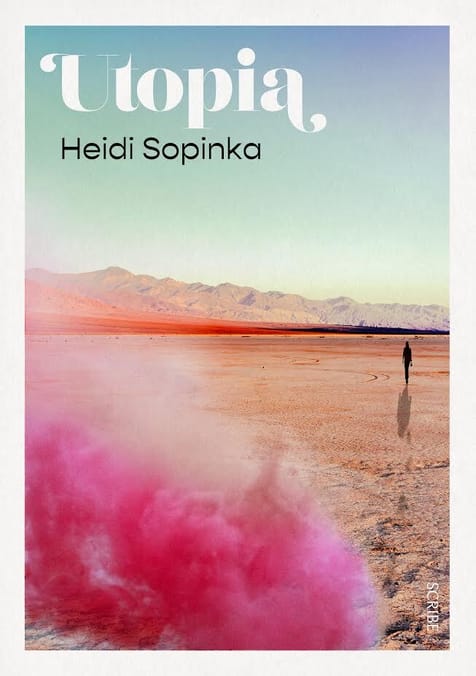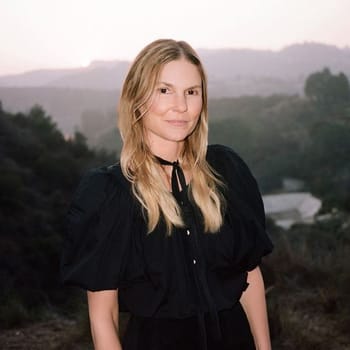Utopia
Overview
‘Utopia is a marvel. Vividly beguiling on art, love, and what it means to be alive, every page thrums with magic.’ Sophie Mackintosh, author of The Water Cure
‘Tense, sexy, and uncanny. Utopia shimmers with desert heat and burns with atmosphere. It’s Rebecca meets Zabriskie Point. Luminous.’ Francesca Reece, author of Voyeur
It’s okay for men to make bad art. There’s no price on their head for doing it … Nothing for men is pre-determined, except their chance at great success.
Los Angeles, 1978.
When Romy, a gifted young artist in the male-dominated art scene of 1970s California, dies in suspicious circumstances, it is not long before her art-star husband Billy finds a replacement.
Paz, fresh out of art school in New York, returns to California to take her place. But she is haunted by Romy, who is everywhere: in the photos and notebooks and art strewn around the house, and in the eyes of the baby she left behind.
As Paz attempts to claim her creative life, strange things begin to happen. Photographs move, noises reverberate through the house, people start to question what really happened the night Romy died, and then a postcard in her handwriting arrives. As Paz becomes increasingly obsessed with the woman she has replaced, a disturbing picture begins to emerge, driving her deep into the desert — the site of Romy’s final artwork — to uncover the truth.
At once an exquisite exploration of creativity and an atmospheric page-turner, Utopia is a book that takes hold of you and will leave you altered.
Details
- Format
- Size
- Extent
- ISBN
- RRP
- Pub date
- Rights held
- Other rights
- Hardback
- 210mm x 148mm
- 272 pages
- 9781913348533
- GBP£14.99
- 11 August 2022
- WORLD ENGLISH (EX. CAN)
- LUTYENS & RUBINSTEIN
Categories
Praise
‘Utopia is a bird’s eye view of the desires of the human heart ... through characters who feel and live deeply at the boundaries of art and life. Sopinka’s luminescent prose tackles the danger and vitality of artistic and bodily desire under the politically charged structures of masculine power ... with rawness, deep awareness, and razor-sharp critique ... This is an urgent book.’
‘These brilliant and bold artists explode off the page as they try to transcend the boundaries of the material world in their work. But the most dangerous waters they must navigate are those of the male-dominated world of the 1970s, which erases their art and identities. Sopinka explores the minefield that is loving men in an oppressively patriarchal world. And she captures the volatility and power of female friendships, and the uncharted maps of women’s untameable artistic drives.’
About the Author
Heidi Sopinka is the author of The Dictionary of Animal Languages, which was shortlisted for the Kobo Writing Emerging Writer Prize, and longlisted for the Royal Society of Literature Ondaatje Prize. A former environment columnist at The Globe and Mail, she is co-founder and co-designer at Horses Atelier. Her writing has won a national magazine award and has appeared in The Paris Review, The Believer, Brick, and Lit Hub, and has been anthologised in Art Essays. She lives in Toronto.

